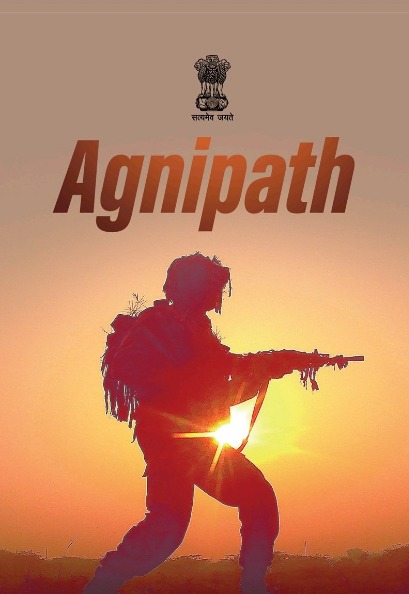Dr VBJ Chelikani
While many political parties and their astute leaders in government in many states are lavishly delivering cash-cheques of tax-money, at their door-steps or into the bank accounts of anybody who is likely to vote for them, the Union Government thought it better to provide employment in the government directly ‘on mission mode’ so that people can receive regular salaries. But it is totally anti-economic and inflationary to recruit ten lakh citizens as government officers, precisely at a time when the same Prime Minister has rightly promised to arrive at ‘less government and more governance’ in order to create more “ease in doing business” with the Administration. We have seen in the case of Air-India, how excess of staff led to delays and losses, and when it is offered for sale, nobody came forward to buy it. Already, there are many more state-owned establishments with unproductive and even idle staff and unexploited assets. Right now, the need of the hour is reforms to make the Administration clean and lean.
Long time ago, economist J.K. Galbraith who was ambassador to India has explained how the USA has developed its militaro-industrial complex by investments in public-private partnership in arms production. That is what most of the big industrialised countries have done and some are still doing. Though so far our diplomats have been more comfortable in dealing with countries with authoritarian regimes, now we should re-orient our external relations more towards democratic countries, where there is people-to-people contact and exchanges; and with whom we can take up mega regional and multi-national projects which would involve sharing of investments as well as research and technologies.
We can extend our trade globally in cooperation with the Indian Diaspora in priority. Thus, by radically reducing our dependence on China and Russia, we can increase employment opportunities in India enormously and create more wealth. We have a similar problem in our defence services also, which have not been modernized, nor democratized, ever since we have inherited them from Her Majesty’s Royal forces with caste, racial and regional regiments. Above all, the real state of our defence-preparedness escaped any democratic scrutiny so far. This stark reality is revealed already in 1962 when China invaded us and, once again, our utter dependence is exposed in 2022 when Russia invaded Ukraine. Though the ‘Agnipath’ and ‘Agniveers’ is a much-delayed desirable first step, though not a major one, in this democratising process, the penchant for hyperbolic Hindi names, does not convey the real purpose of this new kind of recruitment.
This scheme is one more way of skilling our youth and to make them employable in the defence services or elsewhere. In case of any emergency, they would be able to defend the country, wherever they are. Ukraine has shown the way to fight modern wars. We can understand the protests by the raw and unskilled youth who are in the habit of seeking government jobs; but what is terrifying is the fact that the opposition parties joining the bandwagon of agitation or sympathizing with them, quite indifferent to national security interests and probably ignorant of the need for reforms in the army. How can this country progress?, if the politicians behave with the ‘crab mentality’ as aptly described once by a former prime minister, Rajeev Gandhi. Do we have to be content with symbolically punishing a few of those unruly elements who terrorized people and caused damage to the public property, which is indispensable in their own daily life?
Ironically, by this very act of ‘social indiscipline’, they made themselves eligible now to be recruited into the army as a punishment, instead of being sent to jails, to learn about discipline. In France, there is a section of army called ‘Legionnaires’, composed of those adventurers of all sorts who are rejected by the society and they are trained to perform desperate and dare-devil acts for the country. In the former Soviet Union, this deviant kind of social behavior was considered as ‘mental sickness’. Strangely, the present political culture is such that most of the members of political parties in India, at present are behaving socially in the most irresponsible manner by resorting to mental and physical violence. The words like cooperation, harmony and common destiny are no more in their dictionary. We are yet to draft a code of social ethics for a democratic society, mainly to the benefit of our political parties in opposition. In India, in view of our historical experience of opposition, dissent, disobedience and protests, we should develop and form a profession of social psychologists who could counsel people about different democratic and non-violent techniques of opposition and harmonisation, in case of a disagreement with other members in the society, as well as with the authorities. The civil societies in the country, including those which are inclined spiritually should take the initiative and experiment in that direction.
Image courtesy: PIB








0 Comments